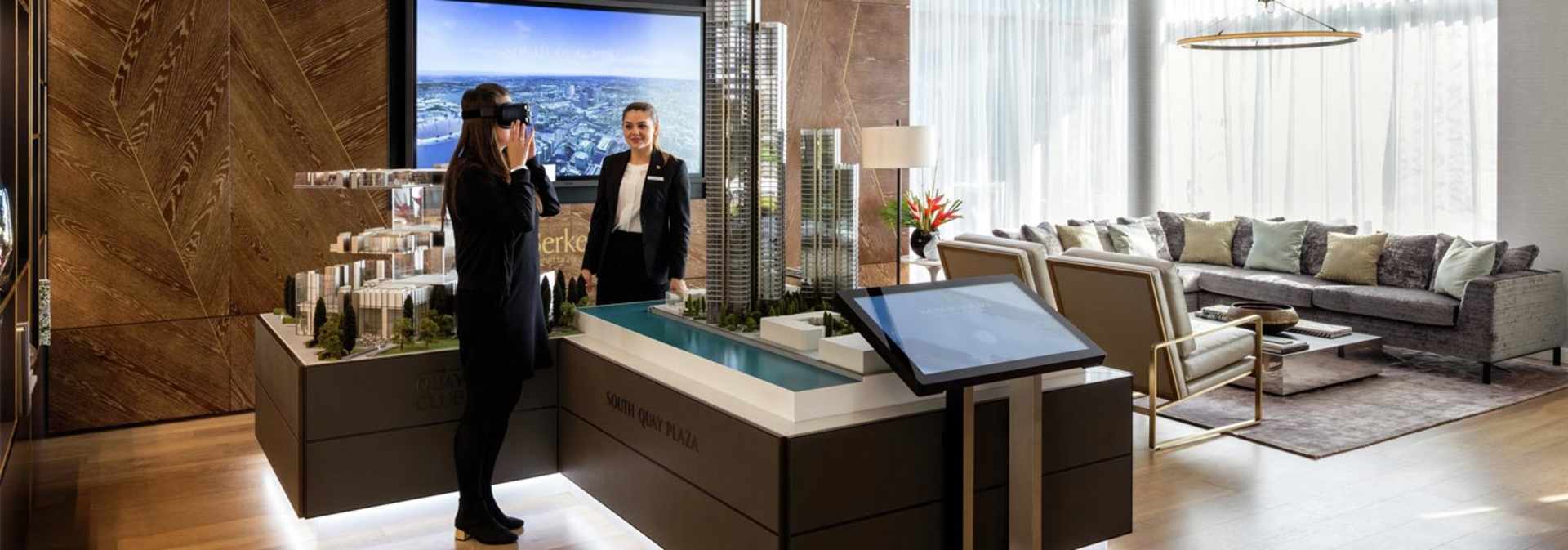Living in a Virtual Wonderland
Virtual Reality has shown no signs of slowing down, and if last year was anything to go by then 2018 looks set to see the technology continue to flourish.
At one point in time, Virtual Reality was something that was reserved for the pages in a science fiction novel, but now with the rise of accessible VR platforms like Facebook's Oculus Rift, HTC Vive and Playstation VR, this exciting new technology is helping to revolutionise sectors.
"When someone experiences virtual reality for the first time, I call it the 'Alice moment'," says Adrian Leu, CEO of virtual reality content provider Inition. "They find themselves in Wonderland and it changes everything."
While Virtual Reality has grown to become a dominate force in the gaming industry, Leu insists that the technology's future lies in its applications across a range of industries, "VR's success will be driven by its applications," he says.
Charity organisations, retailers and sporting associations have all successfully used VR to impact audiences. The use of this technology is also particularly prominent in the property industry, changing the way in which people purchase houses. Now potential buyers have the opportunity to view properties in a virtual world from the comfort of their own homes.
Based on a similar concept to a promotional video, this new method of viewing properties allows for a 360-degree view of the subject, and also means that potential buyers can virtually walk through multiple properties in the same time that it would take to visit just one. As available at Berkeley's South Quay Plaza and 250 City Road, this new innovation can also help to improve the speed and quality of buying and selling a house, particularly for overseas buyers.
As well as the practical aspects of using VR, Leu explains the other benefits this technology gives people. "Watching films in VR can give people a 360-degree view of the world and make stories much more impactful," he reveals.
As the technology continues to progress and the potential hardware barriers are broken down, more popular use of VR will mean that nearly everyone will be able to have access to these useful tools.
Entry-level systems that work with a smartphone could help bring VR to the masses. These range from a basic Google Cardboard headset, and include more sophisticated kit like Samsung Gear. Users can download content from places like YouTube on their smartphone, slot it inside their headset and immerse themselves in these virtual worlds.
With VR continuing to go from strength to strength, Leu believes that within five years' time technology will become even more accessible. "The platforms available now are incredible but they're not the finished article. Someone like Apple will harness them, and soon come up with the apps that will open up VR to everyone."
